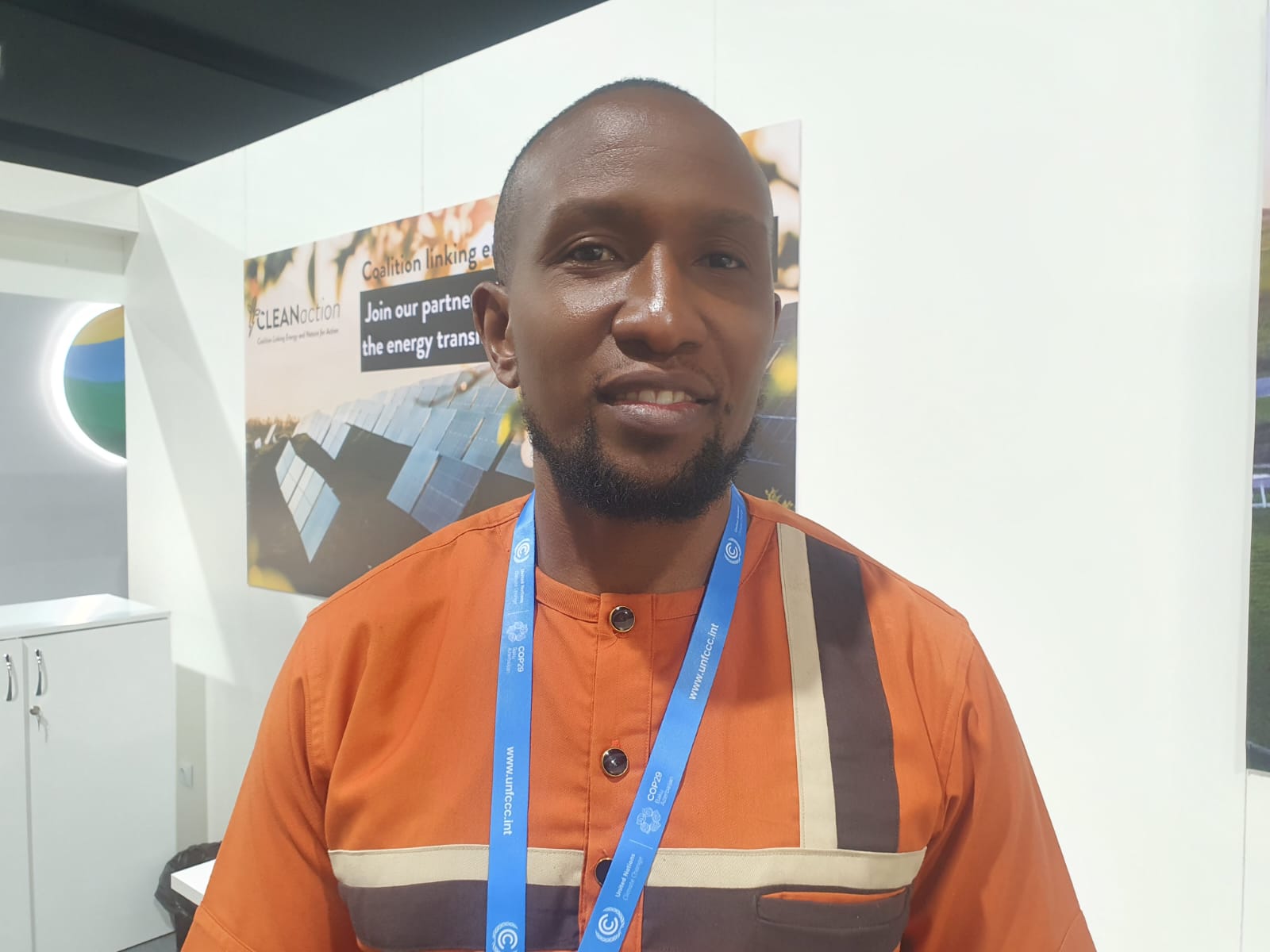

Young people have appealed to developed countries to unlock actionable climate finance to help upscale nature-based solutions.
Nature-based solutions address challenges within societies through actions that protect, sustainably manage and restore natural and modified ecosystems, benefiting people and nature at the same time.
Young people from Kenya, Zimbabwe, Zambia and Nigeria said they have solutions that need money.
They were speaking at a side event ‘Unlocking actionable climate finance for pan-African youth-led adaptation to upscale nature-based solutions' at the ongoing COP29 summit.
The panelists during the side event that was organised by World Wide Fund for Nature included David Munene, a Programmes Manager at the Catholic Youth Network for Environmental Sustainability in Africa based in Kenya.
Other panelists included Environmental Climate Justice Consultant Lucky Abeng, Co-Founder and Executive Director at Agents of Change Foundation in Zambia Mutetelenu Kalama and Director of Young Volunteers for the Environment, Zimbabwe Melissa Murirwa.
“We are expecting that they (developed nations) will heed the call of between 1.3 trillion (4:45) to 5 trillion annually committed to climate finance,” Munene said.
Munene said the amount African nations are demanding is not a lot compared to that going to wars and subsidising fossil fuels.
“The amount of money that has been invested, for example, into the climate issues and the climate crisis, which are global, by the way, is about a fifth of what is invested in fossil fuel extraction. So, the money is there. They can't tell us the money is not there. It's just that there's no goodwill,” Munene said.
Munene said young people are currently taking leadership in finding solutions to challenges brought about by the impacts of climate change.
In Kenya, Munene said, they are using the encyclical by Pope Francis called Laudato Si' which was released in 2015 ahead of the Paris negotiations for the Paris Agreement for advocacy and awareness.
He said young people are being taught to have a connection between faith and the environment.
Young people are also being introduced to policy making. Munene said young people have taken some of the initiatives well.
He cited Murang’a where young people are growing trees in their own ancestral land.
“They have asked their parents to allow them to use that land to do their own thing. And interestingly, they did not require financing to start.”
Munene said women as well as young people from different faiths have adopted innovative approaches to address some of the issues such as solid waste in different parts of the country.
Some of the initiatives have been replicated in Rwanda and Cameroon. Munene said through their initiative, they have adopted a section in Ngong Forest, known as Ngong Sanctuary Forest, and it's now called the Laudato Si'i Corner.
Murirwa said they work with young people in her country to advance agroecology as part of climate action.
“We have adopted drought-resistant crops. We have been able to succeed as we can now see the government making a shift to support agroecology,” she said.
Murirwa said some of the challenges include the fact that young people do not have access to land as well as finance.
Kalama said her organisation trains young people on basic media skills for them to better advocate for nature-based solutions within the communities they come from.
She said 200 young people have been trained.
Kalama said WWF is supporting them through a project known as Voice for Climate Justice.
She said radio is used as a medium for advocacy as it has several advantages such as easy access among others.
Through the programme, youth have been able to amplify their voices.













